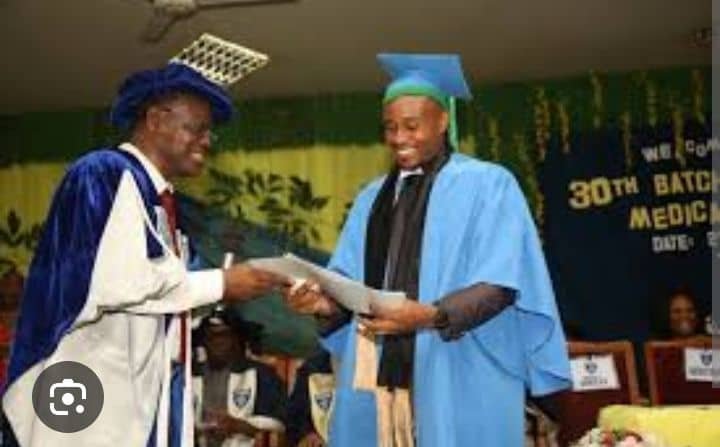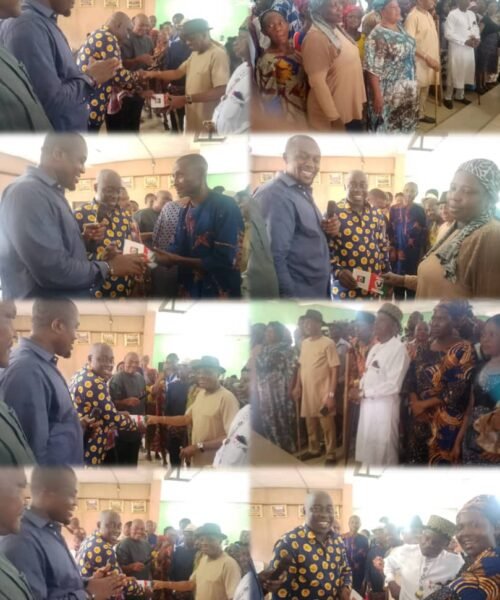Does SSCE and JAMB Statistics harm Abia State Candidates’ Chances?
Abia State’s impressive performance in national exams is a testament to the state’s commitment to education. In the 2020 NECO SSCE, Abia State recorded a 91.4% pass rate, surpassing the national average of 73.2%. This feat is not an isolated incident, as Abia State has consistently ranked among the top three states in NECO SSCE results over the past five years. For instance, in 2019, the state recorded an 89.3% pass rate, while in 2018, it achieved an 88.2% pass rate.
The state’s exceptional performance is not limited to NECO SSCE results. In the 2020 WAEC SSCE, Abia State recorded a 75.2% pass rate in the core subjects of English Language, Mathematics, and at least three other subjects. This is significantly higher than the national average of 59.2%. Furthermore, Abia State has produced some of the best-performing students in the country, with several students from the state scoring straight A’s in the WAEC SSCE. For example, in 2020, a student from Abia State emerged as one of the top-performing students in the country, scoring A’s in all nine subjects.
Despite Abia State’s impressive performance in national exams, the state’s candidates face significant challenges in gaining admission into tertiary institutions. According to the Joint Admissions and Matriculation Board (JAMB), Abia State had a total of 43,857 candidates who sat for the 2020 Unified Tertiary Matriculation Examination (UTME). However, only 13,434 candidates from the state gained admission into tertiary institutions, representing a mere 30.6% of the total candidates from the state. This is significantly lower than the national average of 40.2%.
The disparity in admission rates between Abia State and other states is a cause for concern. It suggests that despite their impressive performance in national exams, candidates from Abia State face significant barriers in accessing tertiary education. To address this issue, it is essential to investigate the underlying causes of this disparity and develop strategies to support candidates from Abia State in gaining admission into tertiary institutions. This may involve providing additional support and resources to candidates, as well as advocating for policy changes that promote greater equity and access to tertiary education.
Abia State’s remarkable performance in national exams is a reflection of the state’s strong educational foundation. With a total of 17 tertiary institutions, including universities, polytechnics, and colleges of education, Abia State provides its students with numerous opportunities for higher education.
According to the National Bureau of Statistics (NBS), Abia State has one of the highest literacy rates in Nigeria, with 95.6% of its population aged 15-24 being literate. This is significantly higher than the national average of 73.2%.
In terms of JAMB performance, Abia State has consistently ranked among the top 10 states in Nigeria. In 2020, the state recorded a 73.4% pass rate in the JAMB exam, with 43,857 candidates sitting for the exam.
To address this disparity, the Otti-led administration has developed strategies to support its candidates in gaining admission into tertiary institutions. This will involve providing additional support and resources to Abia candidates seeking admission outside the State, as well as advocating for policy changes that promote greater equity and access to tertiary education.
Dr Otti has canvased for the urgent need to create awareness among Abia State candidates about the admission processes and requirements of tertiary institutions in other geopolitical zones. His Excellency is passionate about Enhanced support for candidates such as training and mentorship programs, to help them prepare for JAMB and other exams. The Governor has asked his aides in this 2025, to activate Advocacy and engagement with tertiary institutions and educational authorities in other geopolitical zones to advocate for greater representation and opportunities for Abia State candidates.
He brought to the front burner, Data-driven decision-making which will henceforth involve the collection and analysis of data on Abia State candidates’ performance in JAMB and other exams can help identify areas of strength and weakness, and inform decision-making on how to improve outcomes.
Otti concluded the meeting by encouraging stakeholders to ensure that our candidates have greater opportunities to succeed in tertiary institutions across Nigeria.

Dr Chukwuemeka Ifegwu Eke writes from the University of Abuja Nigeria.







